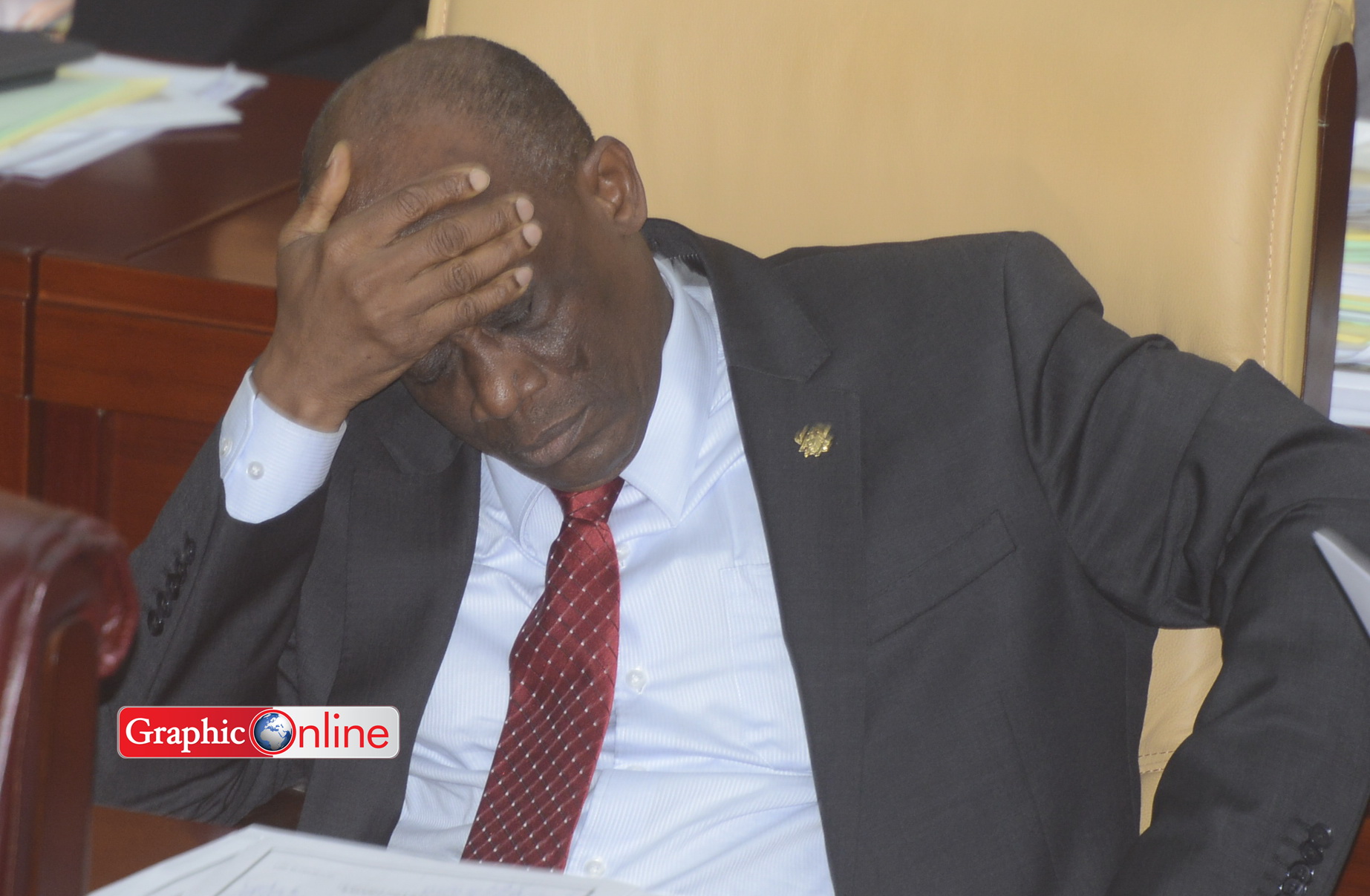
Ghana loses $2bn in sole-sourced contracts – Danquah Institute - Ghana loses $2bn in sole-sourced contracts – Danquah Institute
Article Index
Again, in May 2013, the Ministry of Water Resource, Works & Housing awarded a contract to Amandi Holdings Limited and approved by the Board of Public Procurement Authority, worth $39,900,000.00 (Thirty Nine Point Nine Million U.S Dollars) under the Sakumono Sea Defence project. The contract was awarded by virtue of section 40(1)(b) of the Public Procurement Act, 2003 (Act 663), which provides that “a procurement entity may engage in single-source procurement under section 41 with the approval of the Board, where there is an urgent need for the goods, works or services and engaging in tender proceedings or any other method of procurement is impractical due to unforeseeable circumstances giving rise to the urgency which is not the result of dilatory conduct on the part of the procurement entity.
Sea erosion does not occur suddenly. It is a gradual process which takes place over a long period of time. When it became necessary for a sea defence to be constructed, the state could comfortably have undertaken a competitive bidding to select a potential contractor for the project. It is absurd for the Public Procurement Authority to approve a construction of this magnitude under a certificate of urgency. There is no information to indicate or confirm that value for money assessments were undertaken before awarding the contract. This is recklessness on the part of the government and the people deserve an explanation.
Unfortunately, there are countless instances within the past eight years of NDC’s government that demonstrate a total disregard for procurement guidelines under the Public Procurement Act, 2003 (Act 663) leading to the creation of unfair system of awarding contracts.
Accountability and transparency are the central pillars of public procurement systems. Without accountability and transparency the vast resources channelled through public procurement systems are likely to be misused and the system then lends itself to abuse and corruption. Unfortunately, this has been the case in our country and it is a situation that threatens to burden the country with debts borne out of waste and corruption.
For the next three years, the Ministry of Finance estimates that it will need GH¢60 billion to service the national debt. Our findings suggest that if proper value for money assessment were applied to the contracts for which much of the GH¢112 billion national debt was incurred, the country could have been looking at probably having to service not more than 50% of the current debt stock.
The most effective and desirable means of awarding contracts is to subject them to the basic rules of free market. In the current situation where competitive bids are rather the exception rather ends up arresting our nation’s development. It creates the impression that investments in public infrastructure is driven more by the pull of corruption than the push for development.
Ghanaians need to stand up and demand accountability. The NDC must be made to explain the high volume of sole sourcing contracts. The NDC must also account for the values placed on the various projects as they are unconscionably excessive.
The government must also show Ghanaians exactly for what the allocated funds have been used. Our current governance system has been riddled with weak mechanisms of control, the absence of a proper interpretation and application of the rules governing the procurement process and crude and blatant corrupt practices.
We need to establish a solid culture in our governance system where the opportunity for entities and private individuals to participate in the procurement process becomes the standard. There should also be transparency and accountability to the people of Ghana, making the system more efficient and effective for the benefit of all interested parties and ensure that Ghanaians are being provided with value for money.
Nana Attobrah Quaicoe,
Executive Director, Danquah Institute